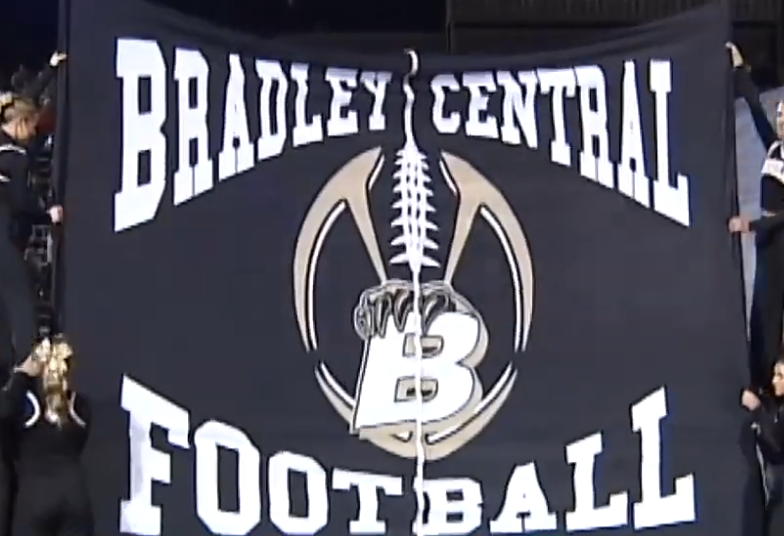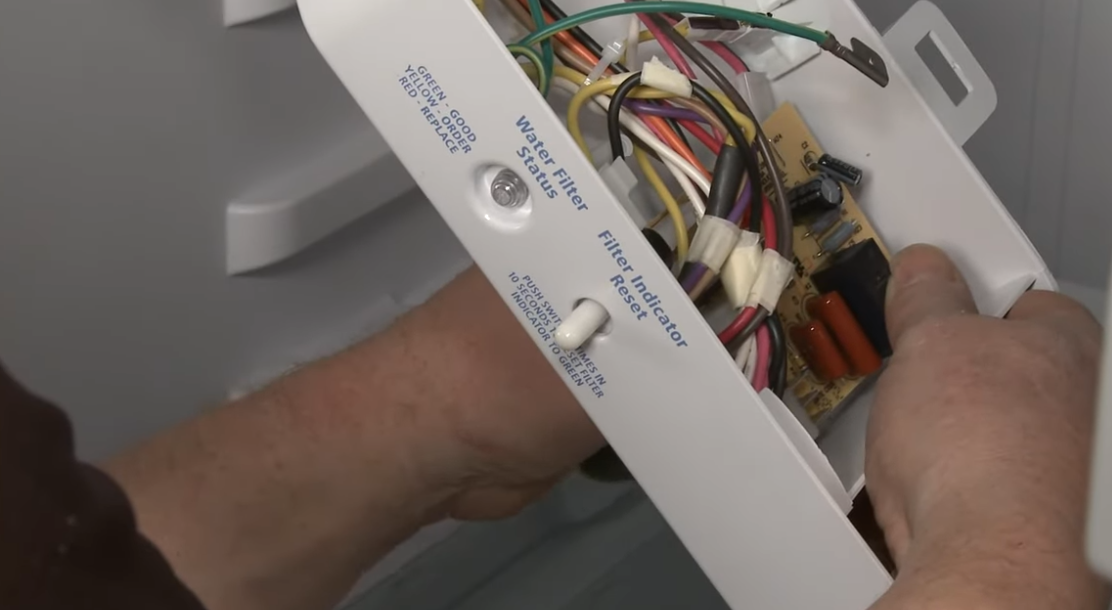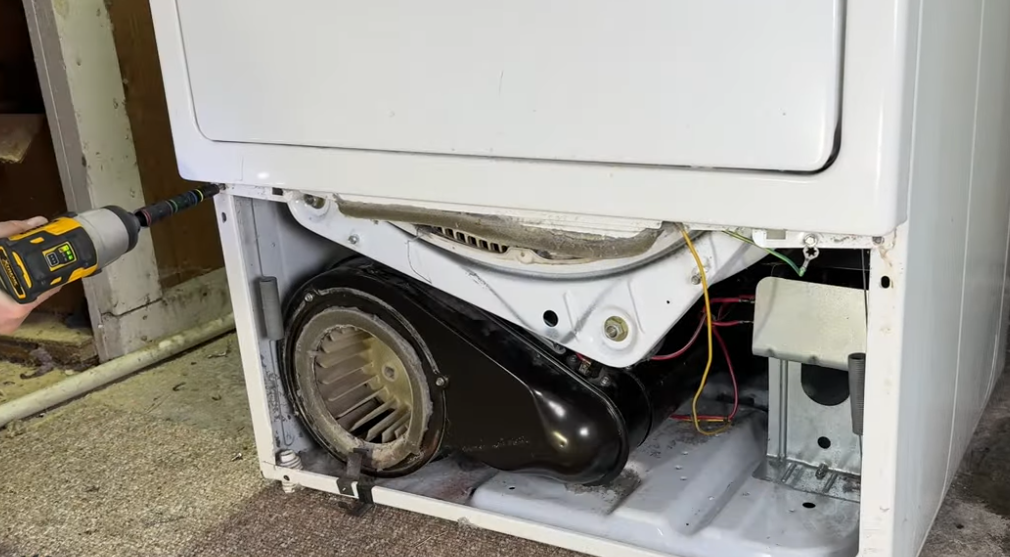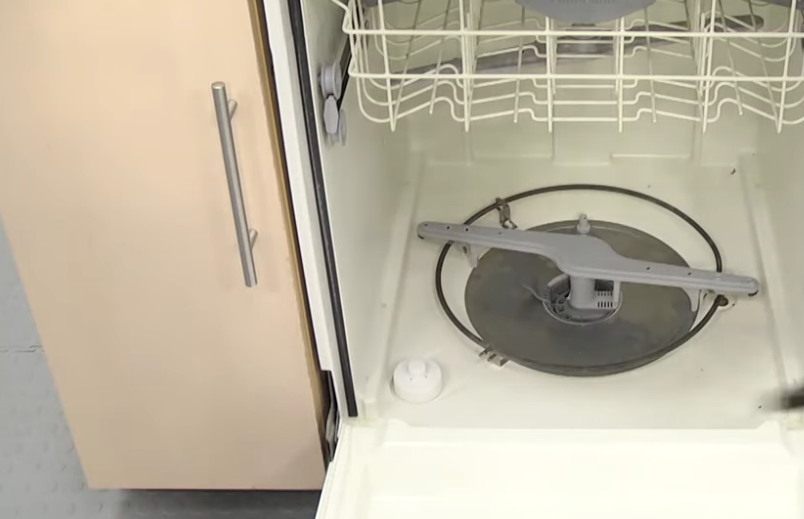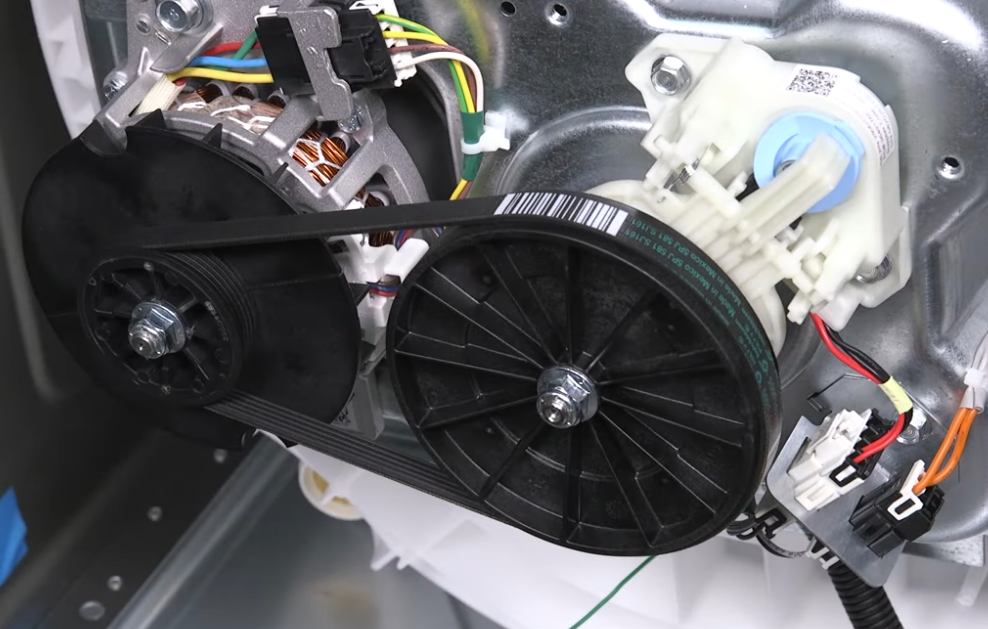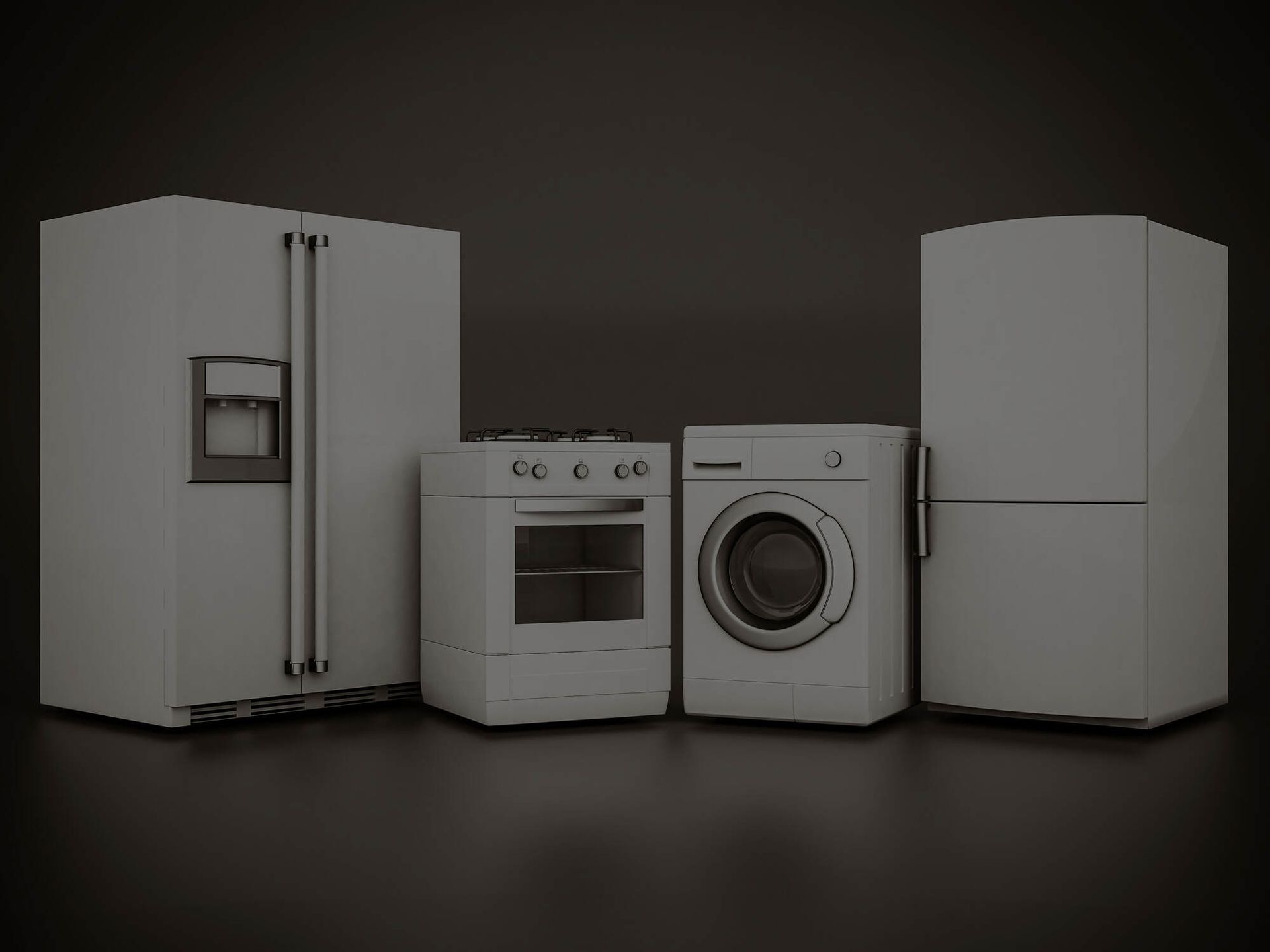Hoses, Hoses, Everywhere!
Homeowner Checklist: Don’t Forget to Check the Hoses!
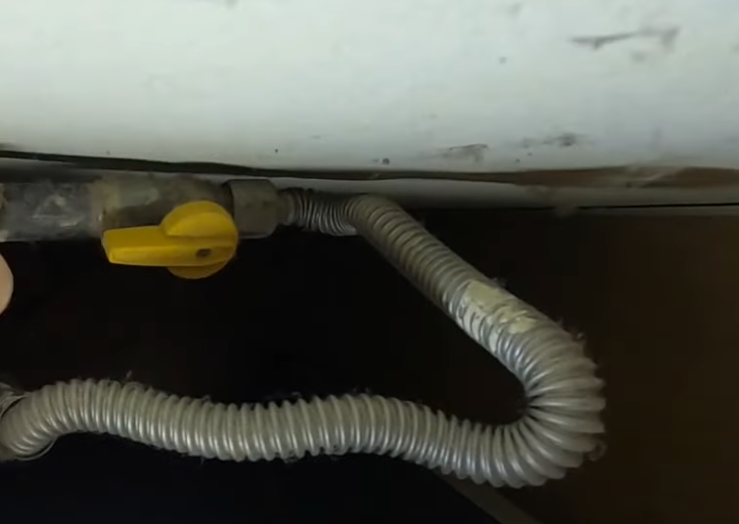
At Cleveland Appliance Repair, we get a lot of calls from customers thinking their appliance has completely stopped working—when in reality, it’s often just a loose, kinked, or disconnected hose. Before you panic (or call us!), here’s a quick homeowner checklist to help you rule out hose-related issues on your appliances.
Washer Hoses
Check for kinks or bends: A pinched hose can restrict water flow, stopping your washer mid-cycle.
Inspect hose connections: Make sure both hot and cold hoses are securely connected to the water supply and the washer.
Look for leaks: Feel around the hose and fittings for dampness. A small drip can become a big mess over time.
Examine for bulges or cracks: Old hoses can wear out. If you see signs of wear, replace them—ideally every 5 years.
Dishwasher Hose
Check the drain hose connection: Make sure the drain hose is firmly attached to both the dishwasher and the sink or disposal unit.
Ensure proper positioning: The hose should form a high loop to prevent backflow of dirty water.
Inspect for clogs or blockages: Food debris can clog the hose, causing poor drainage or backup.
Look for leaks underneath: A leaking hose can cause water to pool under the unit.
Refrigerator Water Line
Inspect the water supply hose: If your fridge has a water dispenser or ice maker, check the line behind the fridge for tightness and leaks.
Check for kinks: Moving the fridge too close to the wall can crimp the line.
Look for drips or puddles: Even a slow leak can damage floors over time.
Dryer Vent Hose
Make sure it’s connected: If your dryer isn’t drying well, the vent hose might be disconnected or clogged.
Check for lint buildup: Lint buildup not only affects efficiency—it’s a fire hazard.
Inspect for crushing or holes: The hose should be intact and not smashed behind the dryer.
Final Tip:
If your appliance suddenly stops working or isn’t performing like it should, take a few minutes to run through this hose checklist. You might just save yourself a service call!
Of course, if you’ve checked everything and still have issues, give us a call at Cleveland Appliance Repair, affordable and dependable, and best of all, we come to you! 1-423-380-0175
Ready to work with Cleveland Appliance Repair Service?
Let's connect! We’re here to help.
Send us a message and we’ll be in touch.
Or give us a call today at423-380-0175
Agency Contact Form
Tips From Our Team


